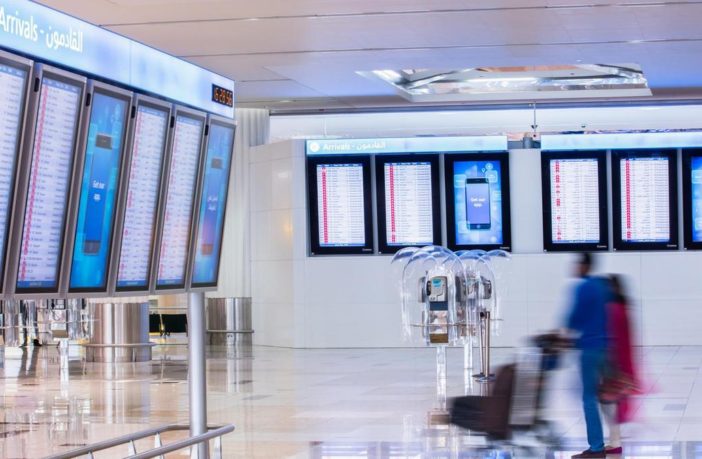Arabian Industry
By: Josh Corder
Despite being one of the region’s most lucrative sectors, more than half of the Middle East’s aviation jobs are at risk because of the devastating impact of COVID-19 on the industry.
That is the warning from the International Air Transport Association (IATA), which estimates job losses in aviation and its related industries could balloon to 1.5 million, taking a massive chunk from the current 2.4 million aviation jobs in the region.
It is also 300,000 more than IATA’s previous estimate.
“Middle East economies have been brought to their knees by COVID-19,” said Muhammad Al Bakri, IATA’s regional VP for Africa and the Middle East. “And without air connectivity being re-established, the socio-economic impact is getting worse.”
“Businesses which contribute substantially to the region’s GDP and provide thousands of jobs are at risk without these vital connections. For the region’s economic recovery, it is imperative that the industry restart safely as soon as possible,” he said.
In the UAE, which is home to Emirates Airline, IATA there are currently 421,000 jobs at risk. In Saudi Arabia meanwhile there are 322,500 jobs at risk, with Egypt, Jordan and Morocco potentially losing 298,300, 39,600 and 569,100 respectively.
IATA said the industry can dampen the potential job losses by focusing on the restart of air traffic and continued financial support.
A set of harmonised rules across the region will help for a smoother industry restart, said IATA. While aid such as wage subsidies, loans and waiver extensions will relieve some pressure currently on struggling carriers.
“We are grateful to governments which have provided relief to aviation. However, the situation is not getting better, governments need to continue applying relief measures, financial and regulatory.
“A regional priority is securing support in the form of wage subsidies and loans as well as an extension of the waiver for the 80-20 use-it-or-lose-it slot rule. This is needed to provide critical relief to airlines in planning schedules amid unpredictable demand patterns. Saudi Arabia has confirmed a waiver for its slot coordinated airports and we hope the UAE, Morocco and Tunisia will do so soon. Airlines need to focus on meeting demand and not meeting slot rules that were never meant to accommodate the sharp fluctuations of such a crisis,” said Albakri.
2020 air traffic is expected to plummet by 56 percent compared to last year, compared to IATA’s previous estimate of 51 percent. GDP supported by aviation in the region could fall by up to $85 billion, compared to the previous estimate of $66 billion.







